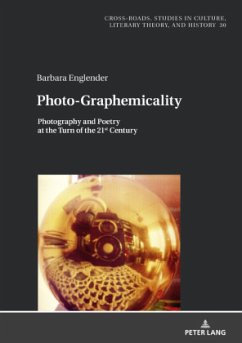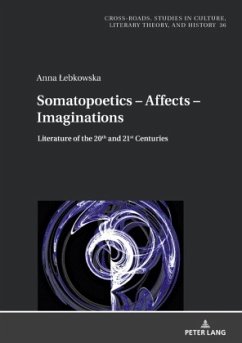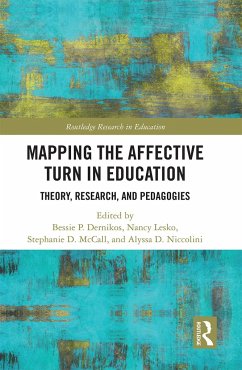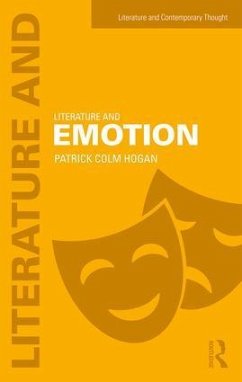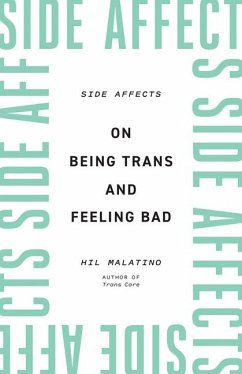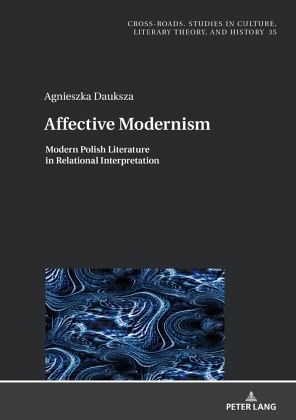
Affective Modernism:
Modern Polish Literature in Relational Interpretation
Herausgegeben: Burzynski, Jan; Nycz, Ryszard;Übersetzung: Anessi, Thomas
Versandkostenfrei!
Versandfertig in 6-10 Tagen
59,95 €
inkl. MwSt.

PAYBACK Punkte
0 °P sammeln!
This work aims to provide an interpretation of certain aspects of Polish Modernist literature that have not been properly recognized until now. The research on Modernist culture in the context of affect includes case studies of avant-garde poetry and works of literature by authors such as B. Schulz, W. Gombrowicz, W. Szymborska, A. S´wirszczyn´ska, L. Lipski, K. Filipowicz, and M. Bialoszewski. As a result, this book proposes a more universal theoretical framework and introduces original categories such as affective realism, affective pressure, violence of sensation, relational interpretatio...
This work aims to provide an interpretation of certain aspects of Polish Modernist literature that have not been properly recognized until now. The research on Modernist culture in the context of affect includes case studies of avant-garde poetry and works of literature by authors such as B. Schulz, W. Gombrowicz, W. Szymborska, A. S´wirszczyn´ska, L. Lipski, K. Filipowicz, and M. Bialoszewski. As a result, this book proposes a more universal theoretical framework and introduces original categories such as affective realism, affective pressure, violence of sensation, relational interpretation, affective criticism, sensed and notional meaning, and affective literary communities.
The author critically investigates the notion of Modernist literature and art, distinguishing between intellectual and realist-emphatic trends. Rather than describing the duality of Modernism, she examines the diversified, inconsistent, and tension-ridden qualities of Modernism evident in individual works as well as in wider formative and cultural tendencies.
The author critically investigates the notion of Modernist literature and art, distinguishing between intellectual and realist-emphatic trends. Rather than describing the duality of Modernism, she examines the diversified, inconsistent, and tension-ridden qualities of Modernism evident in individual works as well as in wider formative and cultural tendencies.



